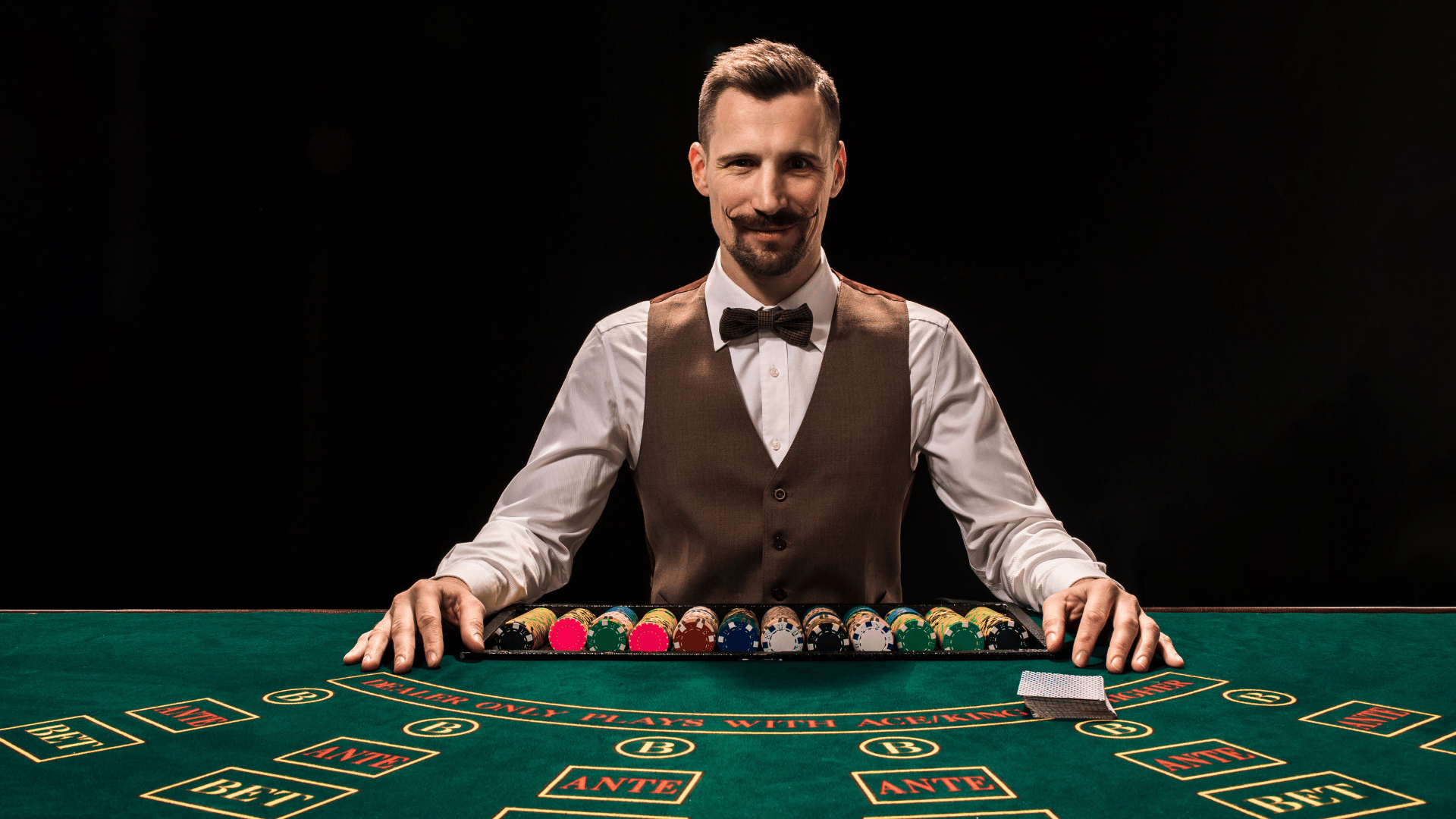Playing has been part of human tradition for hundreds of years, pushed by the joys of uncertainty and the promise of fortune. Nonetheless, past the mechanics of chance and odds, playing can also be deeply influenced by psychological components, significantly beliefs about luck. How people understand luck can form their betting conduct, resulting in rational and irrational decision-making.
The Function of Superstitions in Playing
Superstitions affect each informal gamers and seasoned bettors. Many gamblers imagine in fortunate numbers, rituals, or charms that may improve their probabilities of profitable.
For example, some could keep away from inserting bets on sure numbers or select slot machines based mostly on perceived previous success. Whereas having no precise impact on outcomes, these superstitions present psychological consolation and a way of management in an in any other case unpredictable surroundings.
Psychologists attribute this conduct to the human tendency to hunt patterns in random occasions. This phenomenon, generally known as the “phantasm of management,” leads people to imagine that their actions can affect chance-based outcomes.
Gamblers typically develop rituals or routines to tilt the percentages of their favor, even in random video games like roulette or slot machines.
Cognitive Biases and Playing Choices
A number of cognitive biases contribute to how gamblers understand luck and make betting choices. One of the crucial widespread is the gambler’s fallacy, the mistaken perception that previous occasions affect future chances. This misguided considering results in misguided betting methods and elevated risk-taking.
One other important bias is the hot-hand fallacy, which happens when people imagine a streak of success will proceed indefinitely. A gambler who has received a number of arms in a row could really feel “fortunate” and wager extra aggressively, falsely assuming their profitable streak is predicated on talent moderately than probability.
This perception typically leads to overconfidence and elevated monetary losses when the streak inevitably ends.
The Affect of Loss Aversion
Loss aversion, an idea from behavioral economics, additionally performs a vital position in playing conduct. Folks are likely to expertise the ache of losses extra intensely than the pleasure of equal positive factors. This psychological tendency results in chasing losses, the place gamblers proceed betting to get better earlier losses.
Sadly, this conduct typically leads to deeper monetary hassle, as gamers make more and more irrational choices pushed by feelings moderately than logic.
Casinos and playing operators know loss aversion and design their video games accordingly. For example, near-misses—similar to touchdown two out of three jackpot symbols on a slot machine—are strategically programmed to make gamers really feel as in the event that they had been near profitable, encouraging them to maintain enjoying. This manipulation exploits the psychological discomfort of loss and sustains extended playing classes.
The Function of Luck vs. Talent in Playing
One other psychological issue that shapes playing conduct is the excellence between luck and talent. Whereas some types of playing, similar to poker or sports activities betting, contain a component of talent, others, like slot machines or lotteries, are solely based mostly on probability.
Regardless of this, many gamblers overestimate their potential to affect outcomes, a phenomenon generally known as the phantasm of talent.
For instance, a poker participant could attribute their victories solely to their experience whereas dismissing the position of probability. Equally, a lottery participant who wins a small prize could imagine they’ve a “knack” for choosing numbers, reinforcing the concept they’ll replicate their success. This misplaced confidence typically results in elevated playing frequency and better monetary threat.
Managing Beliefs for Accountable Playing

Understanding the psychological mechanisms behind playing conduct can assist people develop more healthy betting habits. Recognizing the influence of cognitive biases, superstitions, and emotional influences permits gamblers to make extra knowledgeable choices and keep away from widespread pitfalls.
One efficient technique is setting strict betting limits and sticking to them, stopping extreme monetary losses. Moreover, gamblers can profit from questioning their beliefs about luck and chance, reminding themselves that chance-based video games are inherently unpredictable.
Acknowledging the psychological components at play makes playing a type of leisure moderately than a method of monetary acquire.
Conclusion
Luck, whereas an alluring idea in playing, is in the end a psychological assemble formed by beliefs, biases, and cognitive tendencies. The interaction between superstitions, cognitive biases, and emotional responses can considerably influence betting conduct, resulting in optimistic and unfavourable outcomes. Gamblers who perceive these psychological influences could make extra rational choices and strategy playing responsibly, lowering the danger of monetary and emotional misery.









